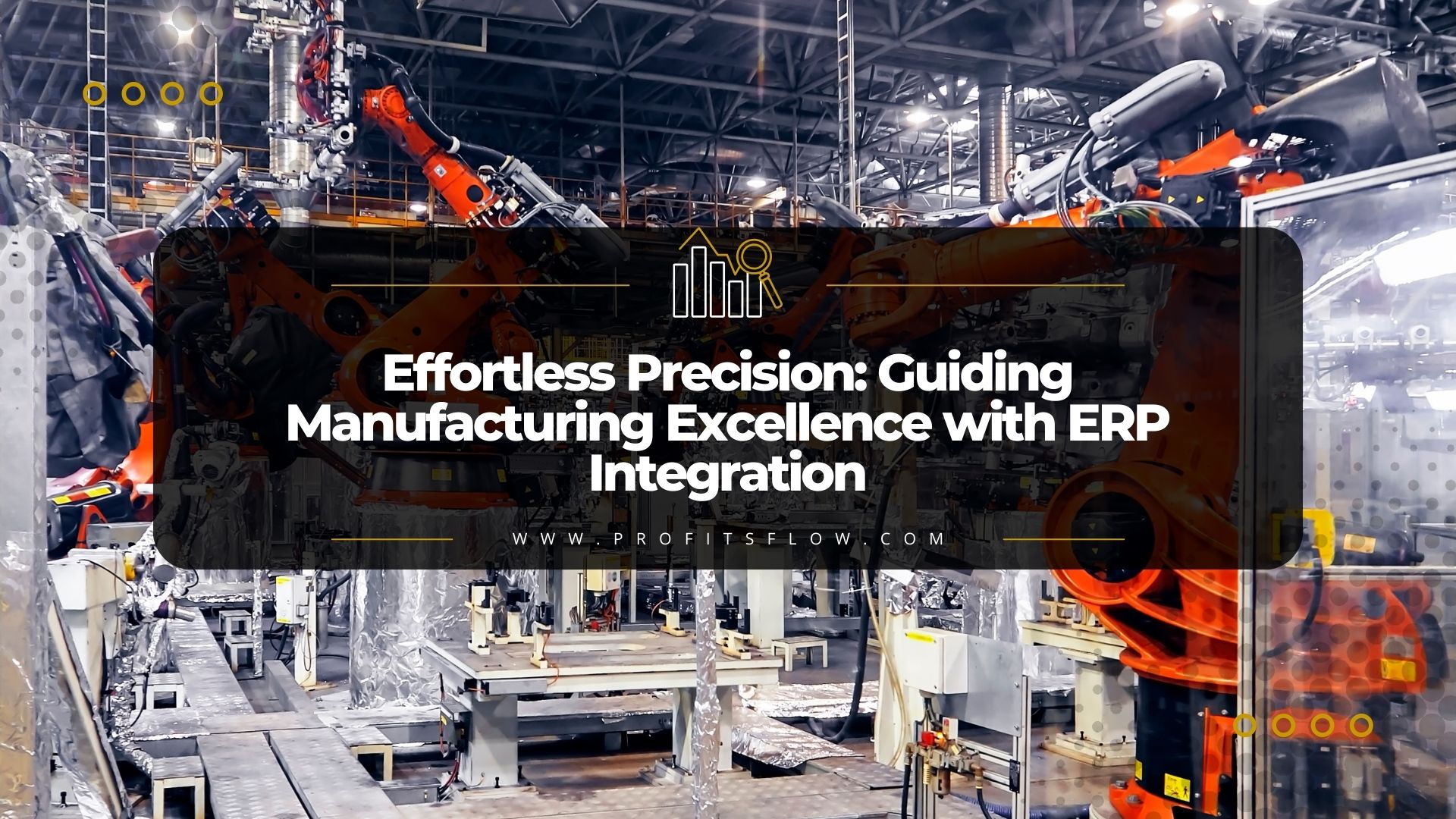Navigating the Present and Future with ERP Systems
In the dynamic landscape of modern manufacturing, organisations grapple with numerous challenges that impede efficiency and competitiveness. The operational landscape is characterised by disjointed processes, where siloed departments operate independently, relying on manual data entry and paper-based workflows. Communication barriers are prevalent, hindering collaboration and leading to inconsistencies in decision-making. This framework can be helped with the use of ERP systems.
Access to timely and accurate data is a persistent struggle in the pre-ERP era. Decision-makers find themselves constrained by the lack of real-time insights, often relying on outdated information for critical choices. This limitation impedes adaptability to market changes and hinders the organisation’s ability to respond with agility.
Inventory management, a vital aspect of manufacturing, is a labour-intensive process fraught with challenges. Manual counts and cumbersome tracking methods contribute to inaccuracies, and the overall supply chain efficiency suffers as a result. The absence of integrated workflows leads to delays and inefficiencies in cross-functional processes, with departments operating in isolation.
Quality control, too, is inconsistent before the advent of ERP systems. The absence of standardised processes leads to variations in product quality and increases the risk of defects. Reporting is a time-consuming endeavor, demanding extensive manual data collection and analysis, which impedes the organisation’s ability to glean actionable insights for improvement.
Scalability is also a significant hurdle in the pre-ERP era, with scaling operations being a resource-intensive task. Customer service suffers due to delays, errors, and a lack of visibility into order statuses, impacting overall customer satisfaction negatively.
However, the adoption of ERP systems marks a transformative journey for manufacturing organisations. Integrated workflows and seamless collaboration replace the siloed approach, breaking down communication barriers and ensuring data consistency across the organisation. Real-time data accessibility empowers decision-makers with up-to-date insights, fostering informed decision-making and agile responses to market changes.
Automated inventory tracking becomes the norm, enhancing accuracy and optimising the entire production cycle. Cross-functional collaboration improves significantly, with departments seamlessly coordinating operations to streamline the entire production process. Standardised quality control processes are integrated, ensuring uniform product quality and compliance with industry standards.
The introduction of automated analytics and reporting tools streamlines processes, providing actionable insights for continuous improvement. ERP systems, designed for scalability, enable organizations to expand their operations smoothly and efficiently. Customer satisfaction sees a significant boost as efficiency, accurate order processing, and timely communication become key elements of the improved service.
In conclusion, the implementation of an ERP system marks not just a technological upgrade but a strategic transformation for manufacturing organisations. The transition from disjointed processes and manual workflows to integrated systems and streamlined operations defines success in the modern manufacturing landscape, signifying a journey from chaos to cohesion.
You can begin your journey today by contacting us here in Profitsflow. Our ERP software solution EFACS E/8 allows manufacturing and field service companies to completely transform their organisations. To find out more you can call us on +353 (0)1 244 9580 or email us at info@profitsflow.com
